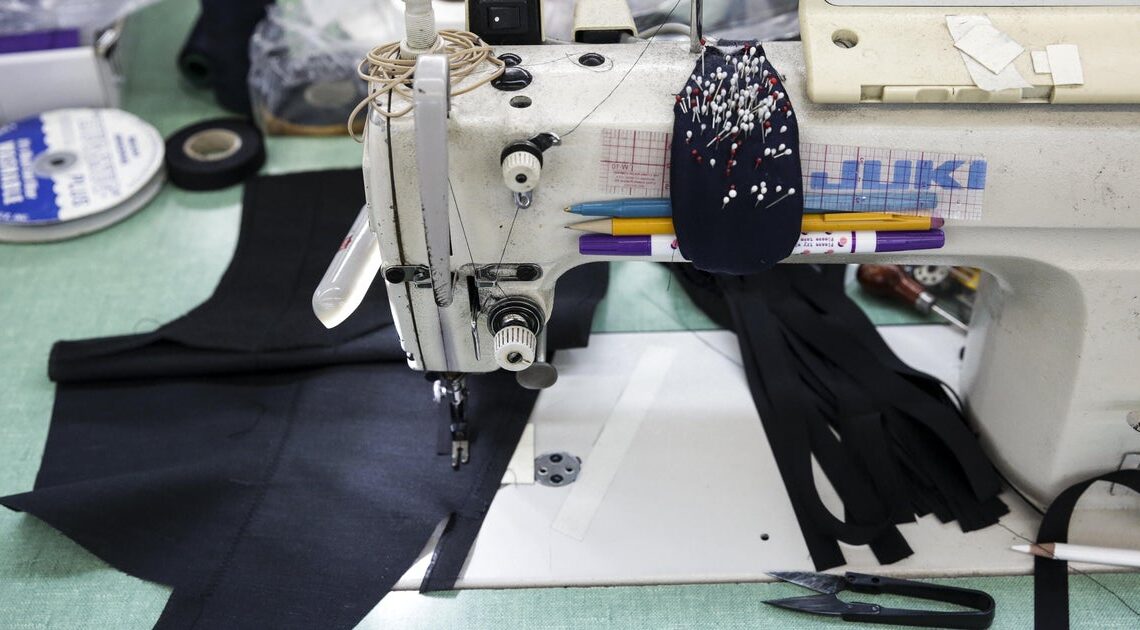
Trump tariffs raise costs, business risks for NYC garment companies
11. April 2025
New York City’s famed Garment District is bracing for impact as President Trump’s barrage of tariffs begin to ripple through the apparel industry.
For Lyn and Lisa Alessi, co-founders and co-CEOs of Alessi International, a local fabric importer representing mills in Asia and Europe, the tariffs could pose significant challenges to their business, which works with international partners to produce fabrics for high-end clothing companies.
“I have all my customers putting on the brakes, asking, ‘What are we going to do? How are we going to handle this? Where can we move production to?'” said Lyn Alessi, who began selling luxury fabrics in 1989.
According to the American Apparel and Footwear Association, 97% of the clothes and shoes sold in the U.S. are imported. Most of these items come from China, India and Vietnam, according to the World Bank.
The Trump administration confirmed Thursday that some Chinese goods will be subject to so-called “reciprocal tariffs” reaching as high as 145%, while imports from Vietnam and India face tariffs of 46% and 27%, respectively. Mr. Trump suspended the tariffs on most countries for 90 days to allow more time for trade talks, but the levies on China remain in place.
The onslaught of new U.S. tariffs has ratcheted up import taxes to their highest level in more than a century, with Mr. Trump touting the policies as a way to revitalize domestic manufacturers.
For the Alessi sisters, this additional tax on imports will impact nearly every aspect of garment production, resulting in higher costs for the business and for consumers. They predict this will lead to shoppers seeking out alternative clothing options.
“A Veronica Beard jacket was $800. Now it’s going to be $1,000. And that just takes it out of the market. The secondhand market is going to thrive,” Alessi said.
Down the block from Alessi International is Apparel Production, a manufacturing group that has survived the industry’s ups and downs since its founding in 1948. The company, co-owned by Karen Sadaka and Teddy Sadaka, works with brands including Calvin Klein, Ralph Lauren and Kenneth Cole, but most of its plants have shut down as garment jobs were shipped overseas.
“We had factories in North Carolina, South Carolina, Tennessee, Alabama, and Kentucky,” Karen Sadaka said. “It wasn’t a problem. Today, they’re all out of business.”
Today, the average age of workers at Apparel Production is 50, and filling those jobs when they retire is likely to prove challenging. Sadaka said it is too son to tell if Mr. Trump’s tariffs will spur domestic production, but she fears the shift “is too much, too fast.”
contributed to this report.